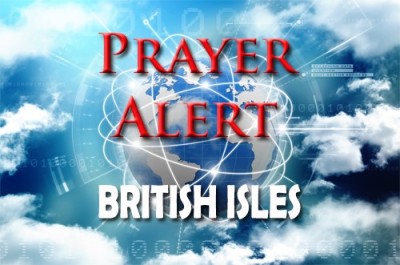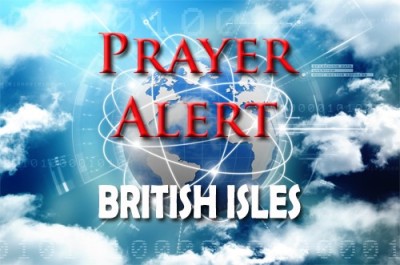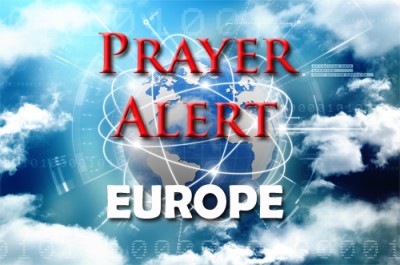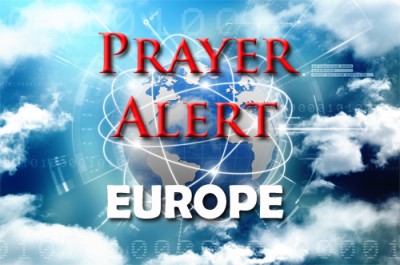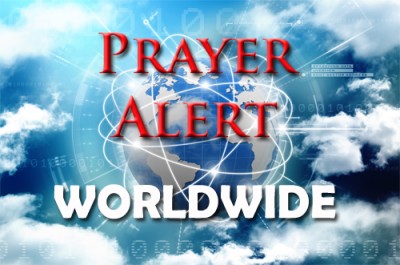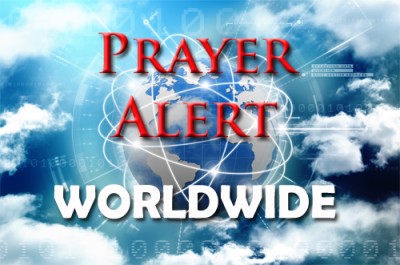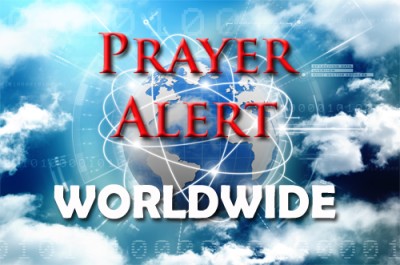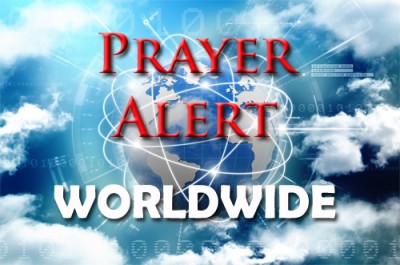A major strike by resident doctors in England, due to begin on 17 December, may be averted after ministers offered the British Medical Association a new deal centred on expanding training opportunities rather than pay. The BMA has agreed to put the offer to members in an online survey closing on 15 December. If members support it, the five-day walkout could be cancelled. The proposal includes 4,000 additional specialist training posts by 2028, with 1,000 available next year, and measures to prioritise UK-trained doctors for competitive roles, as well as covering exam fees and other expenses. However, it contains no pay increase; health secretary Wes Streeting insisted that pay negotiations are closed following nearly 30% rises over three years. Criticising the BMA for not immediately suspending strike plans, he warned that hospitals must now begin cancelling appointments to prepare for potential disruption during a difficult winter. The BMA says strikes have forced government action but stresses the offer does not address long-term pay erosion. If members indicate the deal is insufficient, the strike will proceed.
A primary school teacher who told a Muslim pupil that 'Britain is still a Christian state' was dismissed and reported to safeguarding authorities after the comment was deemed hurtful to Islam, triggering a police investigation into an alleged hate crime. The incident occurred after the teacher reprimanded boys for washing their feet in school sinks — an action linked to prayer preparation. He reportedly explained that the King is head of the Church of England and that Islam is a minority religion in the UK. Though the police later dropped the case, the school dismissed him, and a safeguarding officer recommended he be barred from working with children. The teacher successfully appealed the ban and is now suing the local authority with the support of the Free Speech Union (FSU). Lawyers argue that prayer had been informally banned on the playground and that expectations around behaviour had been unclear. Lord Toby Young of the FSU said it was alarming that stating an 'incontestably true' fact could lead to such consequences, warning of growing threats to free speech within education.
Donald Trump’s push to end the war in Ukraine is increasingly shaped by his impatience with Volodymyr Zelenskyy and European leaders who he believes are obstructing peace and future US–Russia economic ties. Stating that ‘Russia has the upper hand’ (a claim disputed by experts), he insisted Zelensky must ‘play ball’. Meanwhile, Zelensky and European partners worked to revise the US-led peace proposal, removing provisions which they considered unacceptable and stressing the need for firm security guarantees. Many commentators, alarmed by Trump’s pressure on Kyiv and his favourable posture toward Moscow, warn that conceding to Russia would reward aggression and endanger broader European security. In reply to Trump’s claim that Zelensky is using the war as an excuse to avoid holding elections, Zelensky has offered to do so if security could be guaranteed, although it would mean altering the constitution: see
Donald Trump has intensified his criticism of Europe, portraying the continent as weak’, ‘decaying’, and threatened by immigration. Using inflammatory language, he echoed ‘great replacement’ conspiracy themes, claiming that European countries risk becoming non-viable due to immigration. He insisted European cities such as London and Paris have fundamentally altered, and once again made a personal attack on London’s mayor Sadiq Khan. His remarks followed the recent release of a new US national security strategy warning of Europe’s supposed ‘civilisational erasure’ and signalling support for nationalist parties. European leaders reacted with dismay: Germany’s chancellor Friedrich Merz rejected the idea that Europe needs saving, calling parts of the strategy unacceptable. Pope Leo XIV also cautioned that the shift in US policy risks damaging the long-standing transatlantic alliance, and European Council president António Costa warned Trump not to interfere in Europe’s affairs (see).
Reporters Without Borders (RSF) report that 2025 was the third consecutive year in which Israel was identified as the deadliest country for journalists; 29 Palestinian reporters were killed amid Israel’s ongoing military campaign in Gaza. The organisation stated that 67 journalists were killed worldwide, noting that many deaths occurred in conflict zones where reporters were ‘targeted for their work’. It criticised what it called a failure of international bodies to protect journalists, and highlighted a global decline in governmental courage to defend press freedom. Mexico ranked second with nine journalist deaths, while Ukraine and Sudan also remained highly dangerous environments for media workers. RSF also said that 503 journalists are currently imprisoned globally, with China (121), Russia (48), and Myanmar (47) leading in detentions; 135 journalists are missing, and twenty are being held hostage. Press freedom groups continue to condemn Israel’s restriction of independent media access to Gaza, where monitoring groups claim that hundreds of journalists have been killed over the past two years.
US military strikes on alleged Venezuelan drug boats are facing intense criticism after reports that a ‘double tap’ attack on 2 September killed survivors clinging to a burning vessel. The White House confirmed a second strike was ordered by Admiral Frank Bradley, saying it was lawful and authorised by defence secretary Pete Hegseth, though officials denied he instructed forces to ‘kill everybody’. More than eighty people have died in similar Caribbean operations since September, yet the USA has provided little hard evidence of drug trafficking. Lawmakers from both parties are demanding investigations, with some Democrats arguing the second strike might constitute a war crime if incapacitated survivors were deliberately targeted. The administration insists it is acting in self-defence against ‘narco-terrorist’ groups, while Venezuela has condemned the strikes as unlawful aggression.
Fighting between Thailand and Cambodia has escalated into a third consecutive day of violence, forcing more than half a million civilians to flee their homes. Both governments accuse each other of reigniting the conflict, which has already killed soldiers and civilians and triggered mass evacuations from border provinces. Reports describe rockets landing near hospitals, air raids conducted by Thai F-16 jets, and Cambodian artillery targeting Thai territory, leaving thousands in makeshift shelters with limited supplies. The clashes are the deadliest since five days of fighting in July which killed dozens and displaced some 300,000 people on both sides of the border before a shaky truce was agreed, following an intervention by Donald Trump. Trump said late on Tuesday that he would make a phone call to stop the renewed fighting. Even so, analysts say that the lack of willingness to negotiate suggests the conflict may be prolonged. Latest news - three civilians have been killed inside Thailand: see
A confrontation between federal agents and residents in a Somali neighbourhood of Minneapolis has heightened fear and tension within the community. Witnesses reported that ICE agents used pepper spray to disperse a crowd of protesters after checking identifications in restaurants, on the streets, and at a senior housing complex. The crackdown follows the decision by Donald Trump to end temporary protected status for Somalis, calling them ‘garbage’ and saying he does not want them in the country. The move has drawn denunciations from leaders of the Somali community and governor Tim Walz. About 84,000 of the 260,000 Somalis in the country live in the Minneapolis-St Paul area, the overwhelming majority of them US citizens. Over half were born in the U.S., and 87 per cent of those born elsewhere are naturalised citizens. Federal officials justify the operation as targeting criminals, giving details of nine criminals who have been arrested recently, but local leaders argue that such actions unfairly stigmatise an entire community.
